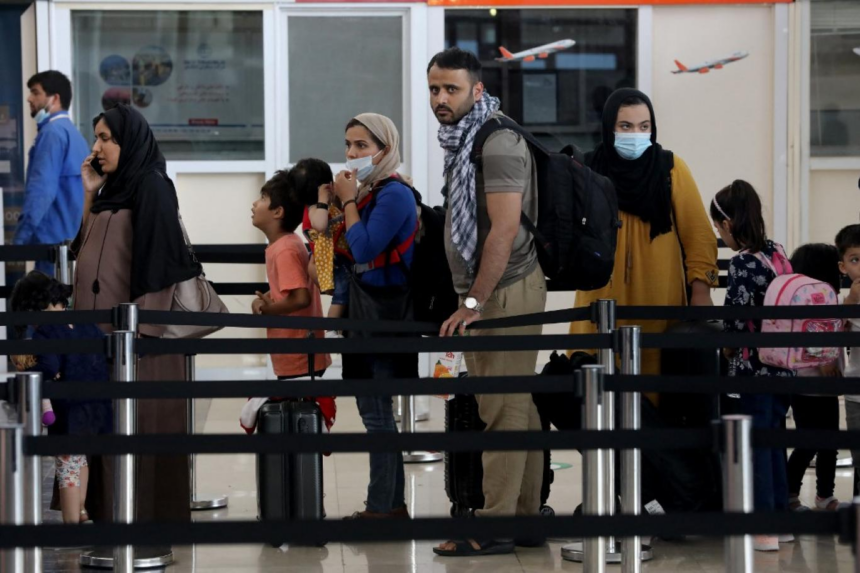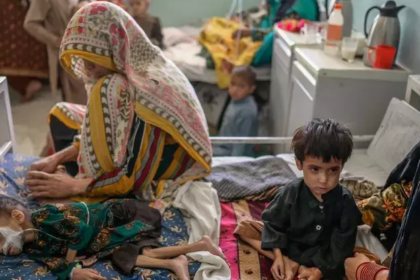RASC News Agency: The U.S. State Department has reaffirmed that the processing of Special Immigrant Visa (SIV) applications for Afghanistani nationals seeking resettlement in the United States is ongoing. In a statement issued on Monday, March 31, the department confirmed that applications are advancing through various stages, including consular interviews, security screenings, and final visa adjudications. However, despite the continuation of the SIV process, the U.S. government has made it explicitly clear that recipients will not receive financial assistance upon arrival. Approved applicants must arrange their own travel via commercial airlines and secure sufficient personal funds to sustain themselves after entering the country.
This development has raised significant concerns, particularly in light of recent U.S. immigration policies that have slashed funding for refugee resettlement programs. Critics argue that these cuts have severely hampered efforts to support Afghanistani allies many of whom risked their lives working alongside U.S. military and government personnel. Contrary to prior expectations, Afghanistani SIV recipients will not be entitled to federal aid upon resettlement. The advocacy group Afghanistani Evac, which assists former U.S. military allies, has warned that the defunding of resettlement programs, coupled with new travel restrictions, has left thousands of Afghanistani applicants in limbo. For many awaiting relocation since the fall of Afghanistan’s previous government, the situation has become increasingly precarious.
Reports indicate that the abrupt halt to these programs has exacerbated anxiety among Afghanistani refugees. Thousands including family members of U.S. military personnel and former interpreters now face formidable challenges in securing visas and arranging their relocation to the United States. In response, several high-profile U.S. lawmakers have called on the Biden administration to reconsider its policies. In a formal letter, they cautioned that the decision puts the lives of nearly 200,000 Afghanistani nationals who directly assisted U.S. forces in Afghanistan at grave risk. Urging immediate intervention, they emphasized the moral and strategic obligation to fulfill commitments made to these individuals.






